Discovering historical perspective
History inspires us to create a better future. At Washburn, our history informs today’s work.
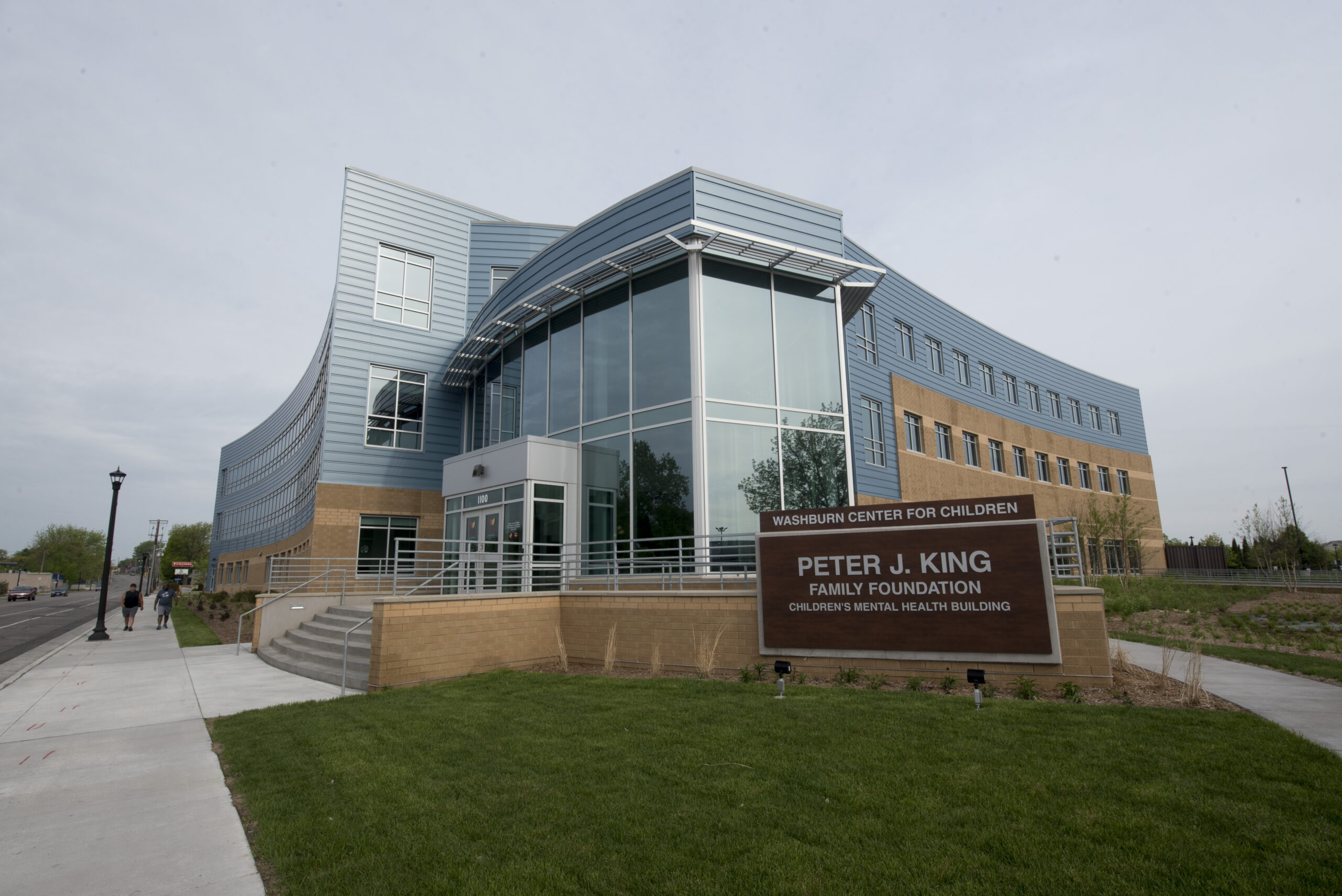
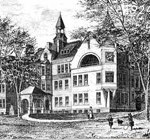

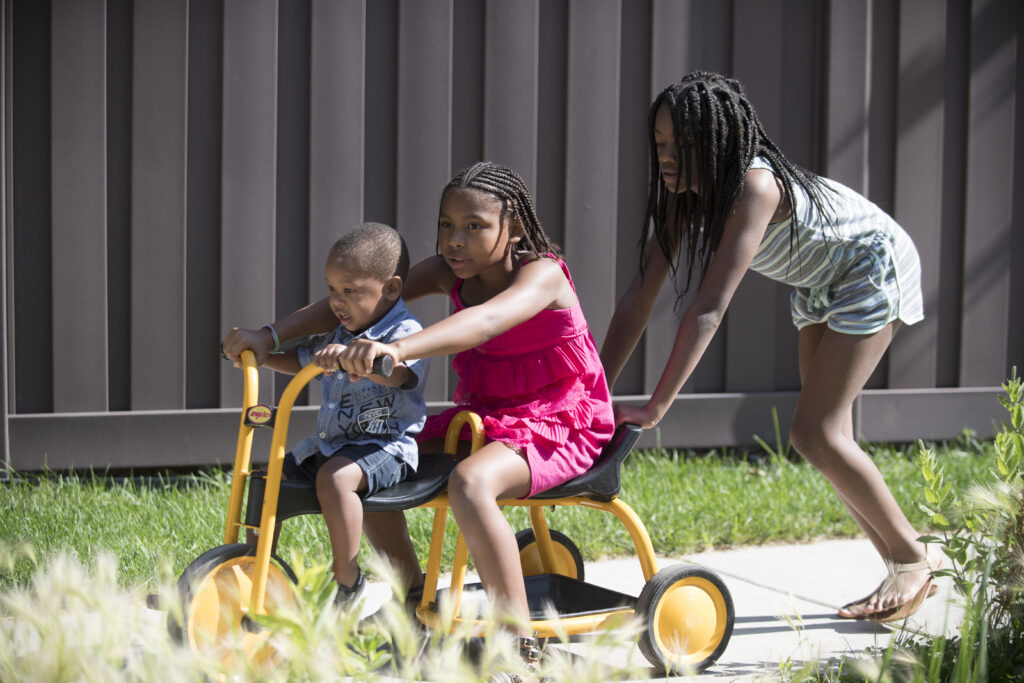
Washburn Center’s History: Evolving to Meet the Community’s Needs

1883
Cadwallader C. Washburn, co-founder of the milling company that has since become General Mills, founded the Washburn Memorial Orphan Asylum after a mill explosion left several children orphaned.

1924
After the orphanage closed in 1924, the nonprofit began providing services for children in foster care.
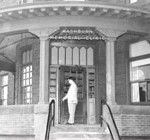
1951
Washburn Memorial Clinic opened as a mental health clinic, laying the foundation for Washburn Center to become the leading children’s mental health center in the state.
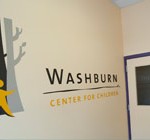
2007
The agency changed its name to Washburn Center for Children and, in the following year, received the Nonprofit Excellence Award from the Minnesota Council of Nonprofits.

2014
Having doubled the number of children served, Washburn Center opened a new facility in North Minneapolis that offered even more Twin Cities children a place to grow and heal.
